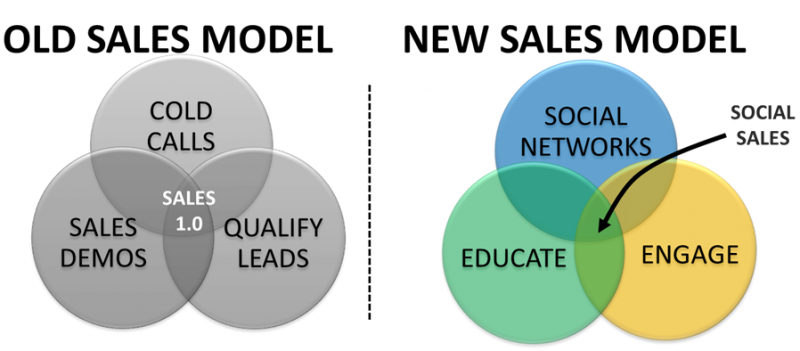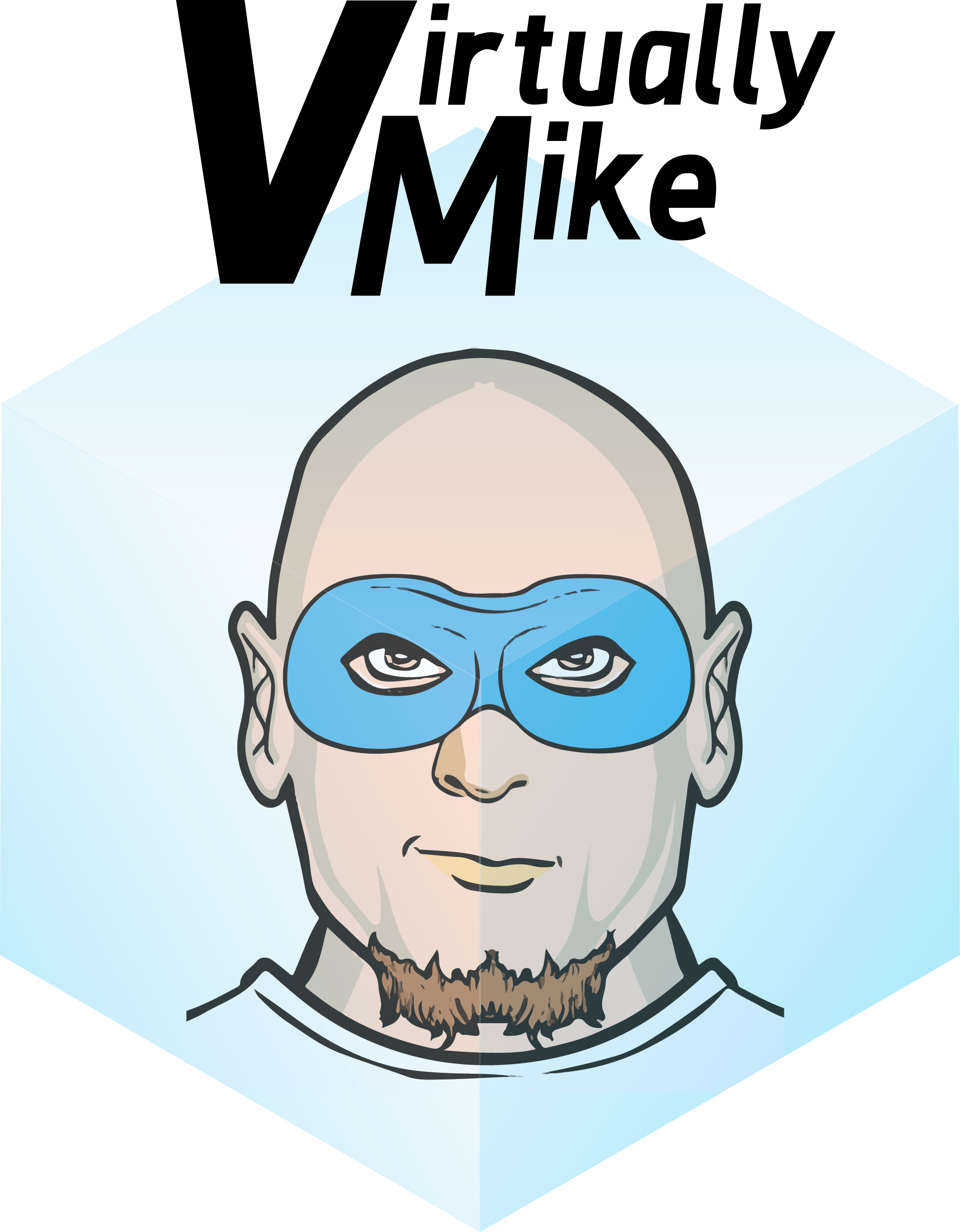
Courtesy of Evan Kirstel
Social selling is the concept that sales teams engage with their customers before they begin to proposition them for the PO. Seems pretty normal right? Sadly no, so many times sales teams push accounts to get to the close, the old school mentality of ABC’s (Always Be Closing) have impacted organizations in a lot of ways.
Today information is too widely available for sales organizations to believe that customer aren’t already making decisions before they get in the door. Engagement needs to happen early and often. I have seen this go down two ways, the uber connected customer and the out of touch customer.
With the uber connected customer, they are on every social network, involved in industry events and shows, and read blogs and white papers. They typically are looking to have questions answered in short sentences, and even shorter turn-arounds. These customers like to be a part of the product cycle, to understand road maps and corporate positions. They also like to hear stories of solution successes at organizations like theirs, and more likely than not will reach out to them if they can.
The out of touch customers are the polar opposite in only their community involvement. They still read the white papers, still want to hear about road maps. But it’s more about what have you done for them lately, and how can you help their organization.
Social selling is the art of looking at customers as though they are partners and people, not targets to be taken down. Jill Rowley is one of the premier advocates and sales training resources for social selling. I encourage you to follow her on twitter and read her blog here.
This is something that I have been saying for awhile now to sales teams I work with. You have to engage across the corporate stack if you want to be successful. The infrastruture teams don’t have the same influence they once did, and the application owners and C suite want to be a part of the conversation. Not just because they are decision makers but because they have a stake if the deal goes badly, so they want to be informed. If you are doing your due diligence you are finding who the right champions in your accounts are across these different teams and levels in the account.
It’s less about convincing and more about showing value. Don’t be the door to door vacuum cleaner salesman when you are in there forcing your way to different parts of the house. Instead focus on what value your solution brings, and focus on it being a solution to a problem. If they don’t have the problem your product solves today than stay engaged but move on to the next account to show them value.
If you partner with your customer you can make a successful partnership and each deal will further strengthen that partnership. Customers will see the value in working with you as you educated them about what’s coming next, honestly present your view of the industry, and help to succeed together.
I don’t claim to be the best sales person out there, but I see it as the way forward. We can’t show up and throw up to customers, we need to make sure we are engaging early and often across whatever channels they are paying attention to and making it a mutually beneficial partnership.
Is this how you would like to see sales teams evolve?
